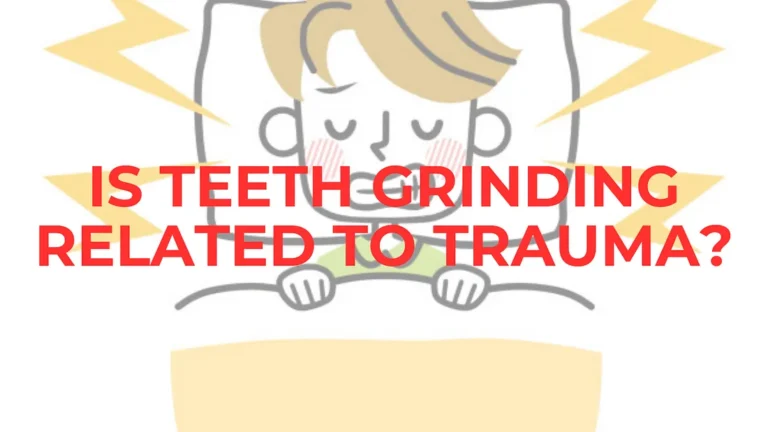Book Appointment Now
What are the Psychological Effects of Bruxism?

Today I’m going to talk about the frustration of having bruxism and its psychological impact. When we discuss bruxism, we usually focus on dentists or orthodontists who help with your teeth, but we often overlook the psychological aspects. We tend to emphasize the cost of night guards or mouth guards and dental visits, but we don’t consider the significant psychological impact.
Many chronic conditions or diseases that lack an immediate ‘cure’ can create a lot of frustration in your life, whether it’s cancer, chronic pain, or an autoimmune disease. These conditions can make you feel that there is no solution, leading to increased frustration, which can worsen your overall well-being.
I’m going to discuss the frustration associated with bruxism, where it arises from, and why it’s important to consider the psychological aspects of any health condition to help in your healing journey.
The first frustration is treatment fatigue. This occurs when you constantly try new remedies, read about bruxism, and try various forms of therapy, dental procedures, or surgeries. When these treatments don’t meet the standards described by practitioners, you end up feeling frustrated and fatigued because you’ve tried everything, and nothing seems to work. This can lead to resentment towards those trying to help you with your condition. You initially believed there was a solution, but now you are disappointed because your expectations were so high. This disappointment leads to emotional drain.
On top of that, trying all these treatments imposes a financial burden. Therapies and custom night guards, which can be very expensive, add to your frustration when they don’t work. Costly dental visits contribute to this burden as well. These frustrations, originating from physical and financial stress, affect your mental state.
Additionally, these stresses impact your relationships, work, and social activities. Pain may prevent you from participating in social activities, leading to feelings of isolation and psychological stress. What begins as a physical condition transfers to all areas of your life, increasing your stress levels. Increased stress can exacerbate teeth grinding, creating a vicious cycle.
It’s important to manage the psychological stress of chronic conditions. Healthy coping mechanisms and outlets for stress can prevent physical problems from having a severe psychological impact. If you don’t process this stress, it can become stored in your subconscious, causing frustration whenever you encounter triggers related to your condition.
Managing psychological stress can help you approach problems logically. Instead of feeling helpless, recognizing that you’ve tried various solutions can help you continue searching for new ones. Viewing your efforts positively, rather than focusing on failures, can make the journey easier.
Addressing the psychological aspects of your condition, along with physical treatments, can lead to better decision-making. When you are calm internally, despite physical pain, you are more likely to make rational decisions and accept your situation.
If physical treatments for bruxism aren’t working, consider addressing the psychological side. Sometimes the root cause might be psychological, as stress can perpetuate the condition. Taking a break from physical treatments and focusing on psychological well-being might reveal new solutions.
I hope you found this information helpful. Feel free to ask me any questions and share your frustrations with bruxism.







